Description
In the ever-evolving environment of the internet as a global marketplace for goods, services and information, companies, firms and individuals alike create websites to act as their “shop window” to the world, to display or advertise their goods and services which will potentially be accessible by any internet user worldwide within seconds.
There are thus two primary objectives of any client who wishes a website developed:
- to have their website found quickly and easily among the millions of other websites on the internet, offering the same or similar goods, services or information; and
- to have a website which gives the end-user visitor/customer accurate and easy to navigate content from initial search, to accurate description of goods and services provided, through to conclusion, whether such conclusion is merely quickly finding the information, goods or services sought, or through to payment and delivery of the goods and services required.
Both of these objectives form the basis of this contract.
Not only is a website a collection of digital files (“webpages”) of visual text, pictures, logos, trade names, corporate identity and any other type of visual, audio-visual or other material which may be required to accurately describe the content available, it also has to create a good “user experience” for any visitor initially landing on the website. For example, the speed with which the content appears on screen when accessed (i.e. doesn’t take long to fully “load” on the visitor’s screen), the manner and speed in which the visitor can navigate through to find what is being looked for, to completion of the purchase, payment and delivery. If the website “links” (hyperlinks) to the other websites (for example to a secure payment provider) then that must be seamless and then the end-user must be able to return easily to the main website otherwise the visitor will be lost as a potential purchaser in the vast choice of other available websites on the internet.
This is easier said than done however and website development is a whole new “science” as well as very big business. Choosing the right developer is critical and whilst this Contract cannot choose for the user, it does impose, in the Recitals, Clause 4 and throughout the Agreement, certain high levels of expertise required of the developer that the developer is undertaking and contracting to meet.
Similar to the development of software, website development is very specialised and requires a huge amount of skill, experience and judgment to create a world-class website. It also requires up-to-date knowledge of the workings of search engines such as, for example, Google, so that the website can easily be found. There is little point having a world-class website if no one can find it. Search engines change their search parameters frequently, for example, from the number of “links”, keywords or “metatags” built into a website or to such other (ever-changing) digital search criteria used to find and “rank” websites, so the developer’s current knowledge of such workings is essential. To that extent, a client who wishes to contract with a website developer, will have to rely almost entirely upon the developer’s skill, judgment, expertise and knowledge not only to advise on the “look and feel”, layout and format of the website but also on its functionality, its operation and what needs to be built into the website (seen and unseen) to ensure it gets into the “top ranking” of being found, optimally this is in the first listings on the first screen of a search engine such as Google.
Since so much reliance is placed on the developer, the client must have extensive and stringent warranties and acceptance testing to ensure that the website turns out to be the product that is envisaged and to be an effective vehicle for promotion and sale of its goods and services. Warranties and acceptance tests require specific tailoring for the required website and are extremely varied in nature. Proper advice should be sought on these issues in particular, even if the client contracts an independent IT consultant to help in this activity.
In addition to warranties and acceptance tests, the developer’s undertakings are also critical to ensure that certain obligations are performed and prohibitions are adhered to (e.g. prohibitions on sending unsolicited emails (“spam”) or storing website visitor’s details without their consent (e.g. by embedding “cookies” on the visitor’s first access to the website without their consent).
If time is critical for the website to be “up and running”, a timetable should be agreed between the parties with liquidated damages to be paid by the developer for their delay. The client must also reserve the right and be in a position to move its website (whether complete or not) should the developer become unsatisfactory or fail to deliver for any reason. In order to achieve this with the least disruption to business, the client should hold a copy of all necessary website files, software, designs, graphics (on various storage media) as part of its copyright ownership rights.
Also of paramount importance is the choice of hosting company upon which the website will reside when accepted (prior to acceptance, the developer will often build the website on its own server). A hosting company must be secure, have the server capacity as well as provide powerful broadband connectivity to ensure speed and uninterrupted delivery of service, meeting as near as possible, a guaranteed 24x7x365 “up-time” (i.e. continuous connectivity). It must also be able to cope with the number of website visits (“hits”) and process all enquiries and orders quickly and securely. The hosting company is often recommended by the developer and sometimes the developer can offer hosting services, though in either case it will be a separate agreement (see Contract 65 for Website Hosting Agreement).



